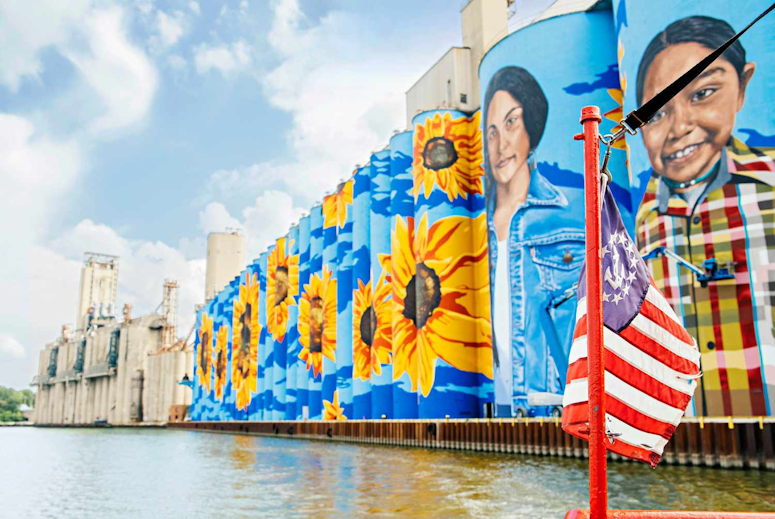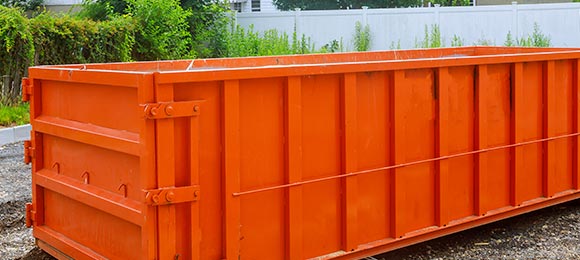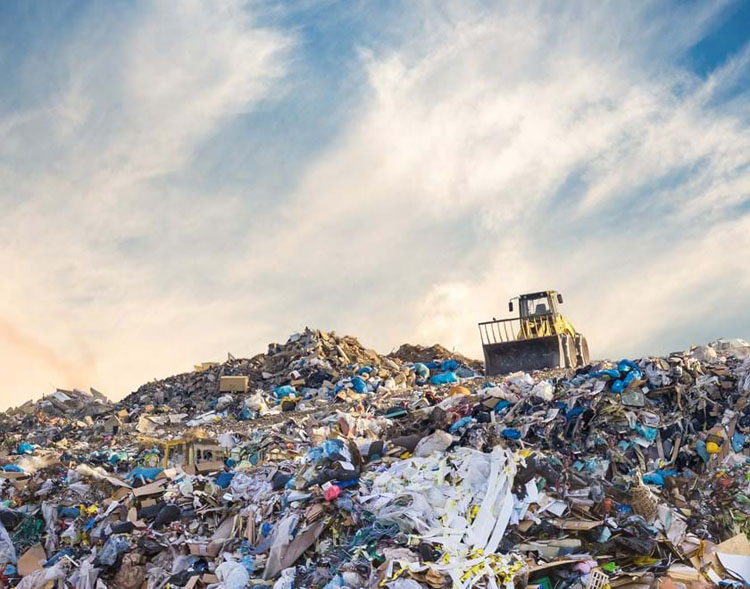
In recent years, cities across the globe have been striving to embrace sustainable practices and reduce their environmental impact. Pittsburgh, historically known for its industrial prowess, is now making a remarkable shift towards eco-friendly living. This transformation reflects not only a commitment to environmental stewardship but also a desire to create a healthier and more livable community.
Historical Perspective
Pittsburgh’s industrial history is deeply rooted in steel production and manufacturing, contributing to the city’s economic growth but also leaving a legacy of pollution and environmental degradation. As the city evolved, so did its awareness of the environmental consequences associated with its industrial past. The turning point came when Pittsburgh decided to rewrite its narrative, acknowledging the need for change and embracing a sustainable future.
Green Infrastructure and Urban Planning
One of the cornerstones of Pittsburgh’s sustainability journey is its commitment to green infrastructure and urban planning. The city has invested in creating green spaces, parks, and urban forests, not only for recreational purposes but also to improve air quality and provide natural habitats for wildlife. The emphasis on walkable neighborhoods and bike-friendly infrastructure has encouraged alternative modes of transportation, reducing the reliance on fossil fuels and promoting a healthier lifestyle.
Innovative Energy Initiatives
Pittsburgh has become a hub for innovative energy initiatives, with a strong focus on transitioning towards renewable sources. The city’s commitment to clean energy is evident in the proliferation of solar panels on rooftops and the harnessing of wind energy in strategic locations. Additionally, Pittsburgh has been a pioneer in adopting energy-efficient technologies, from smart grids that optimize energy distribution to the widespread use of LED lighting in public spaces.
Community Engagement and Education
Sustainability is not just about policies and infrastructure; it’s also about fostering a culture of environmental consciousness among the residents. Pittsburgh has actively engaged its community through various educational programs, workshops, and outreach initiatives.
Waste Management and Recycling
Efficient waste management is a critical component of any sustainable city, and Pittsburgh has made significant strides in this area. The city has implemented comprehensive recycling programs, encouraging residents and businesses to reduce, reuse, and recycle. Innovations in waste-to-energy technologies have also been adopted, converting organic waste into biogas or compost and minimizing the environmental impact of landfill disposal.
Green Building Practices
As part of its commitment to sustainability, Pittsburgh has embraced green building practices, aiming to reduce the environmental footprint of new construction and renovations. The city offers incentives for developers and homeowners to adopt energy-efficient designs, promoting the use of sustainable materials and the incorporation of green technologies such as rainwater harvesting and solar heating. These initiatives contribute not only to a more sustainable urban landscape but also to lower energy bills for residents.

Public Transportation and Connectivity
Pittsburgh’s commitment to sustainable transportation is evident in its efforts to improve public transit and connectivity. Investments in a robust public transportation system, including buses and light rail, aim to reduce the number of private vehicles on the road. The city has also implemented bike-sharing programs and pedestrian-friendly infrastructure, creating a multimodal transportation network that prioritizes environmental sustainability and reduces traffic congestion.
Challenges and Overcoming Obstacles
While Pittsburgh has made commendable progress on its path to eco-friendly living, it has not been without challenges. The city faces the task of balancing economic growth with environmental responsibility, addressing issues such as industrial emissions and legacy pollution. Additionally, underserved communities may experience disproportionately negative effects from environmental issues, so ensuring equitable access to sustainability initiatives and benefits remains a priority.
Pittsburgh’s journey to becoming a sustainability showcase exemplifies the transformative power of collective action and forward-thinking policies. The city has successfully navigated its industrial legacy, redefining itself as a hub for innovation, green technology, and community engagement. By prioritizing green infrastructure, embracing renewable energy, educating its residents, and fostering sustainable practices, Pittsburgh serves as an inspiring model for cities worldwide. As the Steel City continues to evolve, its commitment to eco-friendly living stands as a testament to the possibility of positive change, proving that even the most industrialized cities can embrace a sustainable future.







